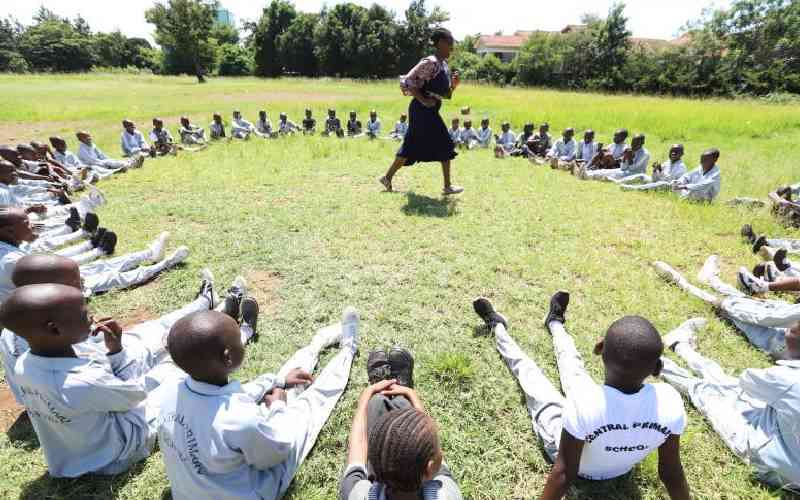×
The Standard e-Paper
Kenya’s Boldest Voice

The confusion at Jogoo House on the Competency Based Curriculum (CBC) and other key policy directives could potentially cause intergenerational harm to the national economic competitiveness.
I have avoided voicing my thoughts on this column on CBC for one primary reason. That is, I belong to the generation of what technically would qualify as a pure pioneer cohort of the now unjustly disgraced 8.4.4 system.